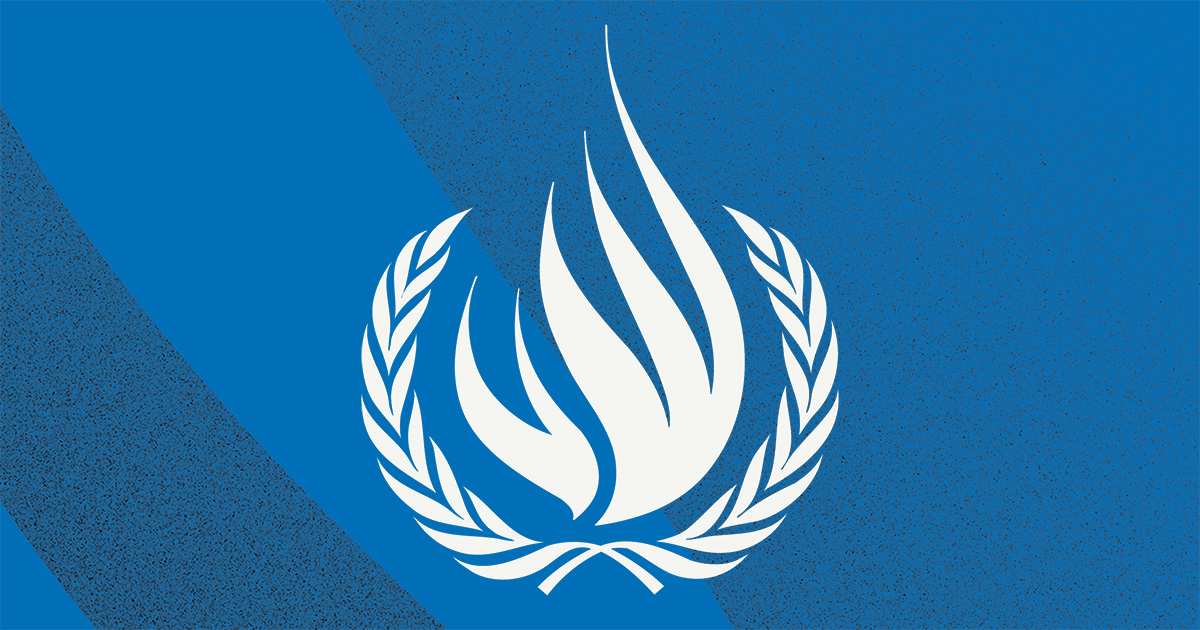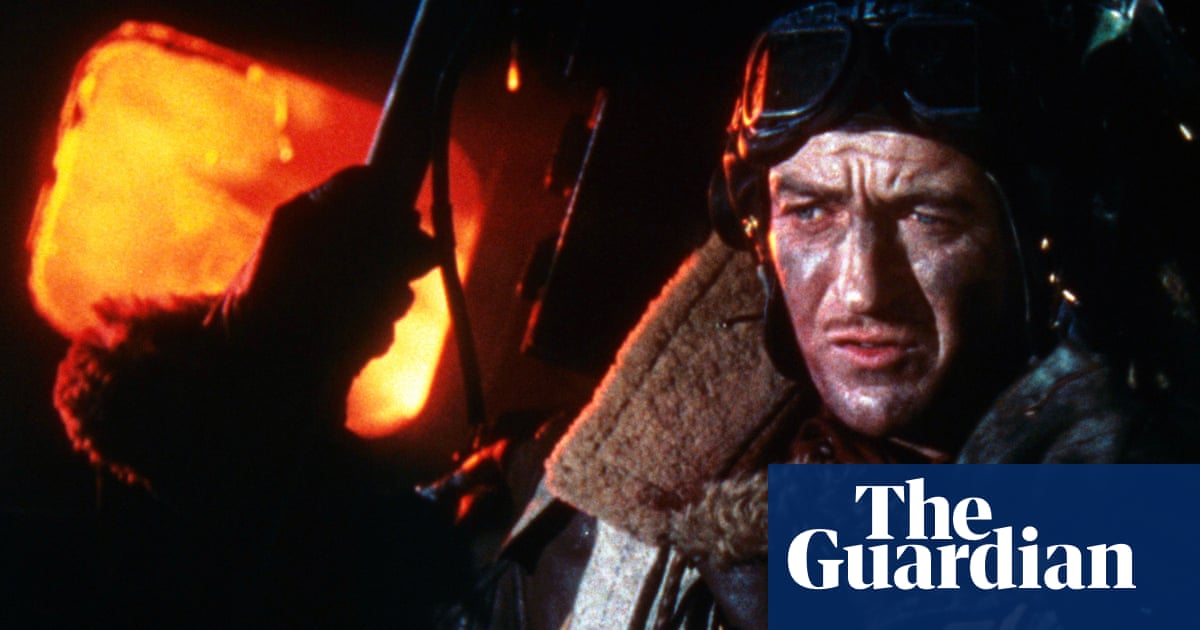
Fred Rogers, the host of famous American television show “Mister Roger’s Neighborhood,” suggested that when children see scary news on TV, their parents should tell them to “look for the helpers. You will always find people who are helping.”
This also can be good advice for adults. In the past year there has seen some depressing and frightening news around the world. It can be easy to feel overwhelmed by upsetting events and negative political, economic, social and climate trends. There are certainly valid reasons for concern about the future.
At the same time, much goodness — and even courage and self-sacrifice — exists around the globe. Children and adults can look to the “helpers” to find light in the world. Adults also can find inspiration; we are not doomed to passively watch our communities, countries or planet decline. We can look to the helpers to find examples of how we might contribute, even if our ways are smaller.
Some of the world’s bravest heroes are those who respond to emergencies, who rush toward danger to help save others from natural or human-caused disasters. Syria’s White Helmets, for example, have provided the world with some of its most astonishing heroes in recent years. This group, composed of Syrians from various walks of life, has pulled children from collapsed buildings, put out fires, provided first aid for the wounded, helped to bring utilities back online, and more.
They have saved thousands of lives over the years. Many members of the White Helmets have been killed and they all face great risks at significant personal cost. What makes them even more heroic is that they do not seek only to save people from their “side”, their community, their sect or their tribe — they try to save everyone they can.
The past year has clearly demonstrated how badly the world needs emergency responders. Extensive wildfires in places as diverse as Lebanon, Brazil and California were tackled by firefighters who worked in incredibly difficult and dangerous conditions. Medical first responders around the world save lives every day.
Emergency responders often are well trained and respond to a crisis as part of an organized team, but sometimes they must act alone in unexpected situations. This happened recently when a volcano on New Zealand’s White Island erupted unexpectedly, severely injuring tourists. A trained first responder happened to be on board one of the ships that rescued people and was able to provide emergency treatment to victims.
Doctors and nurses are a related and critical group of helpers. While they assist people each day all over the world as part of their normal work, some go even further, taking significant personal risks to address health crises in dangerous or under-resourced areas.
In response to multiple outbreaks of Ebola in Africa over the years, for example, doctors and nurses have risked not only infection but also attacks from militant groups or locals who blame medics for the illness. While the recently developed Ebola vaccine has helped to reduce the chance of infection, risks remain. Violence clearly remains a problem; in November, for example, attackers injured and killed several people responding to an outbreak in the Democratic Republic of the Congo.
In many parts of the world, doctors and nurses take huge risks to save lives. In Syria, for example — as documentary films “The Cave” and “For Sama” vividly showed us this year — some doctors and nurses choose to stay in extremely dangerous conditions to care for their fellow countrymen and women. In places as diverse as South Sudan, Yemen, Iraq, Myanmar and Mexico, among others, doctors and nurses sacrifice comfort and risk their lives and health to help others.
Around the world, workers with the UN, non-government organizations, and relief organizations provide critical supplies to vulnerable populations. This includes delivering tents and food to refugees and victims of natural disasters, ensuring that displaced children still receive an education, and providing vaccines and medical care.
While many of the world’s helpers make assisting others their main profession, there are also heroic, accidental helpers — people who are thrown into an unexpected situation and respond with bravery or selflessness.
This month in Kenya, a teenage girl died while trying to save a man from drowning in a swollen river. A few days ago, an undocumented Senegalese migrant saved a man in Spain from a fire. That story echoed the 2018 case of a Malian man who risked his life to save a young child in Paris.
The good news we can take from 2019 is that there are so many examples of helpers and heroes this year that this article is far too short to even begin to list them all.
Kerry Boyd Anderson
The Washington Post this week reported on an American who helped a man in Kuwait after Iraq invaded his country, and how the Kuwaiti created a scholarship in the name of the man who had helped him at such a critical time in his life.
These are only a few of many examples of heroic men and women who responded to unexpected circumstances with courage and love for others.
Of course, there are also the everyday helpers and heroes. The teachers who take extra time to help a struggling child. The parents who work hard and make sacrifices to ensure a good education for their children. The grandparents who pitch in to help overwhelmed parents. The adult child who cares for an elderly parent.
Sometimes, the heroes themselves need help. In June, US comedian Jon Stewart pressured Congress to provide funding for health care for the first responders who rushed to the scene of the 9/11 attacks in New York in 2001 and continue to require medical treatment for health problems they developed as a result.
The good news we can take from 2019 is that there are so many examples of helpers and heroes this year that this article is far too short to even begin to list them all. Some of them are famous but most are known only to their communities and families. They can provide us with inspiration as we head into a new year and a new decade.
Kerry Boyd Anderson is a writer and political risk consultant with more than 14 years’ experience as a professional analyst of international security issues and Middle East political and business risk. Twitter: @KBAresearch
Disclaimer: Views expressed by writers in this section are their own and do not necessarily reflect Arab News" point-of-view












